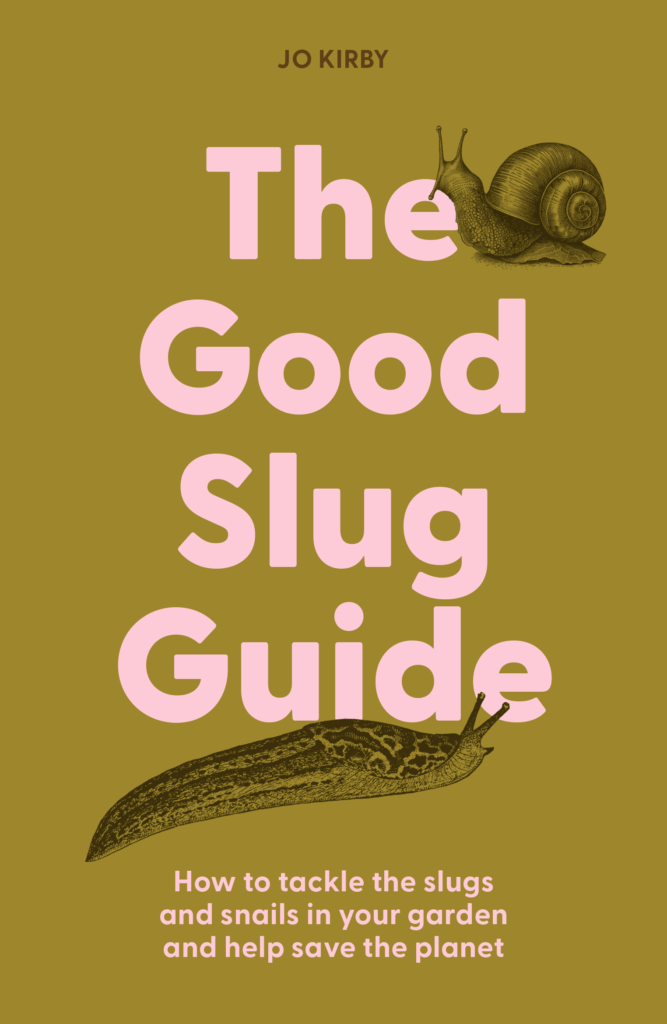
Do not be fooled by the jokey title, shortish length and smallish pages, this is not a lightweight book – it is a very solid one. By the time I had read the four-page Introduction I was hooked and a gross of pages later I had become engrossed. This is a very, very good book.
The author grew up and worked in the family business of commercial growers and is also a former academic. That background suggests that the author cares about the issue of molluscs eating our plants and is guided by science and a desire to find real solutions.
Not all slugs are bad, not all predators of slugs are good and the practical solutions to an overabundance of munching (I guess that is really rasping) molluscs is some habitat management and a nod to garden rewilding.
The author can write, and slimy molluscs are a tricky subject but he carries it off very well.
I confess that my head contained many of the prejudices about slugs that are probed, poked and pricked in these pages. We all accumulate urban myths, folk lore and rules of thumb going through life and sometimes what everyone says isn’t remotely true. This book should be read by any gardener waging war on molluscs (shelled or unshelled) and will be both a useful and enjoyable read. if only we could have similar guides along the lines of ‘The good NHS guide’, ‘The good immigration guide’ and ‘The good carbon capture and storage guide’ then public discourse could be greatly improved.
Who would have thought that a book on slugs would be in the shortlist for this blog’s book of the year, but in just over a month’s time I’m pretty sure it will be.
The cover? It’s a good title on a slightly dull cover. I’d give it 6/10.
The Good Slug Guide: how to tackle the slugs and snails in your garden and help save the planet by Jo Kirby is published by Gemini Books.
[registration_form]